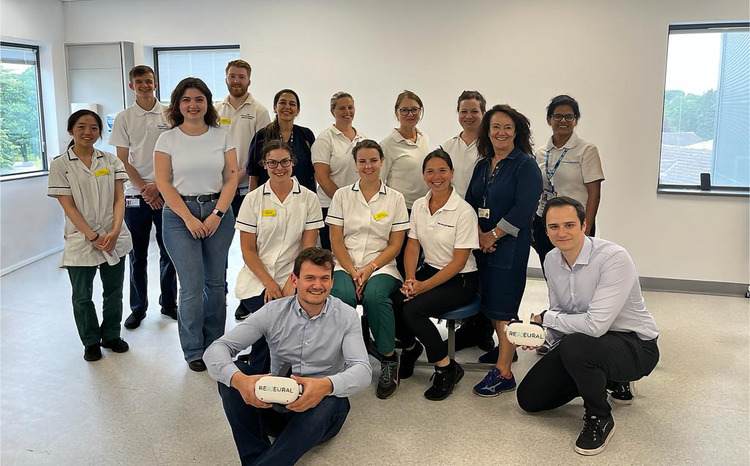Mobile and app news in brief

While mobile and wireless health apps continue to be created in abundance, this is not matched by consumer demand, finds a new report from Berlin.
Almost 100,000 mHealth apps have been added since January 2015, but growth rates of mHealth app store downloads are down to 7% in 2016, from 35% last year.
The report states that “there is no end to the hype building around mHealth apps, at least on the supply side”, however, the “demand of mHealth apps has showed signs of saturation”.
Ralf-Gordon Jahns, managing Director of research2guidance, attributed the impressive growth to three things: “The growing number of mHealth app publishers, the increased importance of multi-platform app publishing and the expansion of existing mHealth app portfolios.”
The report suggested that the decrease in download rate was due to the growth of capable devices that can download apps, slowing in most western countries.
Previous speculation from the same company in 2010, predicted 500 million smartphone mHealth users by 2015.
Audrone Skardziute, an analyst at research2guidance, commented that: “The next push on the demand side will come from recommendations of traditional healthcare companies that are pushing apps to their employees or members.”
In the UK, there have been concerns over the validity of health apps with attempts to build an app library scrapped last year amid data security concerns.
Public Health England has been developing an alternative four step endorsement service that it hopes to have up a running by March next year.
The research2guidance report found that chronically ill people are by far and away the most targeted group with mHealth apps, capturing 56% of the market. The next target demographic was the health and fitness inclined, accounting for 33% of the apps.
While the seemly altruistic main goal of the industry remains to help people improve health conditions at 53%, it is just ahead of 52% of the correspondents saying they want to generate revenue.
An app to conceive
Swedish start up fertility app, Natural Cycles, is coming to the UK claiming the technology has helped 5,000 women get pregnant in its native country. With over 100,000 active users in 161 countries the technology identifies the ovulation window by tracking a women’s period and temperature.
Natural Cycles users record their temperatures under their tongues in the morning, then the app uses an algorithm to determine fertility. The husband and wife team behind the technology are so confident that they are offering a refund if you do not conceive within the first nine months of use.
Your.MD is in a million phones
Staying with the Scandinavian innovations, the Norwegian founded company, Your.MD has had one million installations. The artificial intelligence powered personal health assistant can be downloaded on your mobile, and offers health advice. There are 500,000 monthly active users, and the free to use service has offered seven million virtual consultations since its launch.
You’re in charge @NHS
NHS England has launched @NHS, where each week a different patient or staff will take over the Twitter account to tell their own experience of the health service. Currently, it is curated by 40-year-old Richard, who has been diagnosed with non-Hodgkin lymphoma. The pilot scheme will run for three months.
First app to manage urge to self-harm
Stem4, a small mental health charity for teenagers, has developed Calm Harm which the charity claims is the first clinician developed app to help young people manage the urge to self-harm. It has been downloaded 19,000 and has been shortlisted for a National Positive Practice Awards in Mental Health 2016 prize.
The founder of the charity and consultant clinical psychologist, Nihara Krause, said that “unlike much of the information about self-harm they can access online, it is based on clinical evidence”. The app has a diary function, can offer tasks to manage impulsivity and is password protected and confidential.




